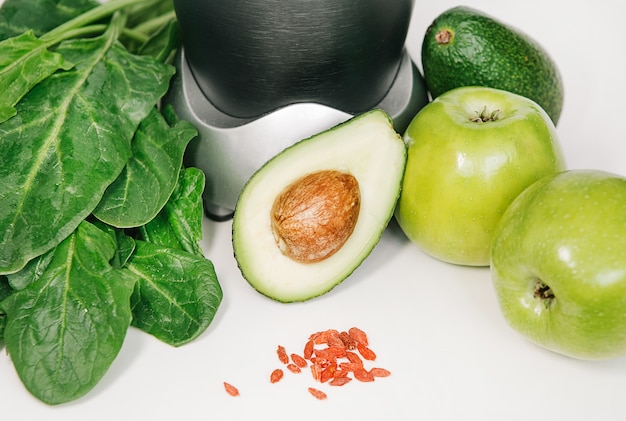
Did you try Veganuary this year or are you thinking about going vegan more permanently? Dr. Gemma Newman has some tips to help out.
With so many diets like low fat, high fat, low carb, vegan, paleo, and keto, it’s easy to feel lost trying to find the best one. Each year, more people are jumping on the Veganuary bandwagon. In 2018, 170,000 people signed up, marking a big jump from 2017. By last year, over 250,000 joined in, and this year the number is expected to rise even more.
But is a vegan diet truly healthy? What sets it apart from other diet fads? There’s a lot of confusion due to the media, food companies, and even health professionals. However, few would disagree on the benefits of eating lots of fruits and vegetables and choosing whole, unprocessed foods over processed meats and sugary snacks.
Some people might think “everything in moderation” is the way to go, but that’s misleading. We wouldn’t advise smokers to smoke moderately, so why do the same with sugary drinks and processed meats? The WHO categorizes processed meats as carcinogenic, meaning they can cause cancer, thus even in moderation, they aren’t healthy.
Dr. David Katz worked with top nutrition scientists worldwide to reach a health consensus through the ‘True Health Initiative.’ They agreed on a diet high in vegetables, fruits, beans, nuts, seeds, whole grains, and water as vital for good health. This diet is more aligned with both paleo and whole food plant-based plans than with a typical Western diet, which is linked to heart disease, our biggest health threat.
The whole food plant-based approach is the only one proven to reverse coronary artery blockages, as shown in studies like The Lifestyle Heart Trial and the Mount Abu Heart Trial. No other diet has shown similar results. Switching from a Western diet can seem tough, but a gradual transition can help.
Start by incorporating plant-based meals into your week. Try plant-based versions of your favorite dishes, like swapping chicken curry for chickpea curry or beef Bolognese for lentil Bolognese. Gradually introduce plant-based breakfasts and lunches, and soon you’ll have new meal favorites.
A whole food plant-based diet can bring benefits within weeks. While initially your gut may need to adjust, causing some bloating, it’s a temporary phase. Well-planned plant-based diets are endorsed by dietetic associations for their health benefits and disease prevention.
The British Dietetic Association emphasizes the importance of plant-based diet advice through its Blue Dot Campaign. Unfortunately, modern diets often lack key nutrients due to soil depletion and processed food consumption, unlike a nutrient-dense plant-based diet.
Adopting this diet might require some supplements, especially for nutrients that are harder to get without animal products. Vitamin B12 is vital, even though needed in small doses, and can be found in fortified foods or as a supplement. Vitamin D is often needed too, depending on your sun exposure.
Supplements with EPA/DHA, derived from algae, are beneficial for heart health without the toxins found in fish. Flaxseeds are excellent for promoting heart health and can easily be included in meals.
Dr. Gemma Newman, with 15 years in medicine, is a trusted expert in healthcare, offering sound advice on adopting healthier eating habits and understanding various diets.